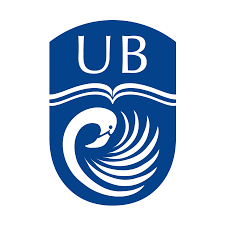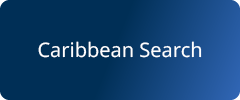Critical Literacy: Beyond Reading and Writing in the Bahamian Tertiary Classroom
DOI:
https://doi.org/10.15362/ijbs.v23i0.291Keywords:
English language, Critical literacy, Critical Pedagogy, Social transformation, Bahamian national identityAbstract
Critical literacy can be defined as a cluster of specialized skills and competencies that facilitate an intensely engaged way of interpreting our world through careful textual and discursive analyses. It involves understanding the processes of learning to read and write as the precursor to a heightened awareness of one’s location within specific power relations, as well as its importance to ensuring a sustainable democracy. Ultimately, critical literacy is an indispensable component of the broader literacy mandate at the University of The Bahamas, as it can propel students toward greater participation in national discourse, and ultimately, toward meaningful social transformation. While this paper presents anecdotal rather than analytic evidence of students’ growth toward increased critical intelligence, it provides significant insight into the processes of their intellectual growth.References
Alexander, M. J. (2013). Not just (any) body can be a citizen: The politics of law, sexuality and postcoloniality in Trinidad and Tobago and the Bahamas. In Y. Hume & A. Kamugisha, Caribbean Cultural Thought (pp. 91-105). Ian Randle.
Anderson, G., & Irvine, P. (1993). Informing critical literacy with ethnography. In C. Lankshear & P. McLaren (Eds.) Critical literacy, politics, praxis, and the postmodern (pp. 81-104). SUNY Press.
Bain, M.V. (2005). Language education and Bahamian students’ compositions. College of the Bahamas Research Journal, 13, 4-23. https://doi.org/10.15362/ijbs.v13i0.57
Bethel, N. (2007). Roots or routes: Migrations of identity in the Bahamas. Yinna: Journal of the Bahamas Association for Cultural Studies, 2, 74-93.
Brand, D. (1998). No language is neutral. McClelland & Stewart.
Craton, M. (1962). A history of the Bahamas. Collins.
Craton, M., & Saunders, G. (1992, 1998). Islanders in the stream: A history of the Bahamian people, vol. 1 & 11. University of Georgia Press.
Freire, P. (2009). Pedagogy of the oppressed. Continuum.
Glinton-Meicholas, P. (2000). Uncovering the Bahamian self. Yinna: Journal of the Bahamas Association for Cultural Studies, 1, 104-110.
Johnson, H. (2000). National identity and Bahamian culture. Yinna: Journal of the Bahamas Association for Cultural Studies, 1, 13-20.
Klonaris, H. (2008). Independence Day letter (2004). In T. Glave, (Ed.), Our Caribbean: A gathering of lesbian and gay writing from the Antilles (pp. 197-200). Duke University Press.
Oenbring, R. A., Jaquette, B., Kozikowski, C., & Higgins, I. (2016). First year English at the College of The Bahamas: Student perceptions. International Journal of Bahamian Studies, 22, 43-53. https://doi.org/10.15362/ijbs.v22i0.265
University of the Bahamas. (2017a). University of The Bahamas Act. http://www.ub.edu.bs/about-us/board-of-trustees/university-of-the-bahamas-act-2016/
University of the Bahamas. (2017b). Vision, objects and mission. http://www.ub.edu.bs/about-us/vision-mission/







